Search
Search Results
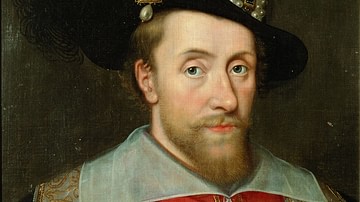
Definition
James I of England
James I of England (r. 1603-1625), who was also James VI of Scotland (r. 1567-1625), was the son of Mary, Queen of Scots, and he unified the thrones of Scotland and England following the death of Queen Elizabeth I of England (r. 1558-1603...

Definition
Marie Antoinette
Marie Antoinette (l. 1755-1793) was the queen of France during the turbulent final years of the Ancien Régime and the subsequent French Revolution (1789-1799). With the ascension of her husband Louis XVI of France (r. 1774-1792), she became...
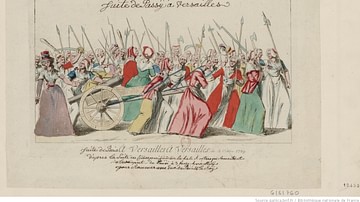
Definition
Women's March on Versailles
The Women's March on Versailles, also known as the October March or the October Days, was a defining moment in the early months of the French Revolution (1789-1799). On 5 October 1789, crowds of Parisian market women marched on Versailles...
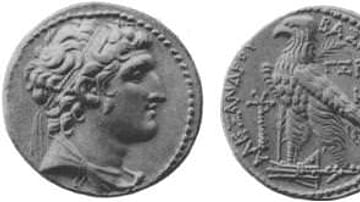
Definition
Seleucid Empire
The Seleucid Empire (312-63 BCE) was the vast political entity established by Seleucus I Nicator ("Victor" or "Unconquered", l. c. 358-281 BCE, r. 305-281 BCE), one of the generals of Alexander the Great who claimed a part of his empire after...

Definition
Flight to Varennes
The Flight to Varennes was a pivotal moment of the French Revolution (1789-1799), in which King Louis XVI of France (r.1774-92), his wife Queen Marie Antoinette (1755-93), and their children attempted to escape from Paris on the night of...

Image
British Conquest in India c. 1857
A map illustrating the aggressive, opportunistic, and, most times, chaotic expansion of British rule in the Indian subcontinent following the Battle of Plassey (1757) until the eve of the Indian Rebellion of 1857 through the East India Company’s...
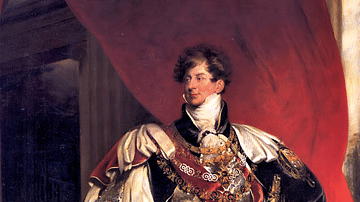
Definition
George IV of Great Britain
George IV of Great Britain (r. 1820-1830) was the fourth of the Hanoverian monarchs. He first reigned as Prince Regent from 1811 for his mad father George III of Great Britain (r. 1760-1820). George IV was an unpopular monarch for his many...
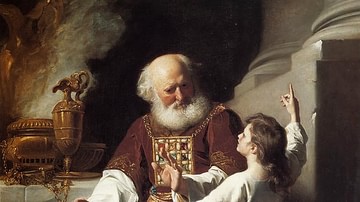
Definition
Samuel
Samuel is a character in the Hebrew Bible and the Old Testament, uniquely depicted as having served several roles, as judge, military leader, seer, prophet, kingmaker, priestly official, and loyal servant of Yahweh. He is traditionally thought...

Article
Causes of the English Civil Wars
The English Civil Wars (1642-1651) were caused by a monumental clash of ideas between King Charles I of England (r. 1625-1649) and his parliament. Arguments over the powers of the monarchy, finances, questions of religious practices and toleration...

Definition
Sir Thomas Fairfax
Sir Thomas Fairfax, 3rd Baron Fairfax of Cameron (1612-1671), was the first and highly successful commander of the Parliamentarian New Model Army during the English Civil Wars (1642-1651). Fairfax's leadership, tactical prowess, and courage...